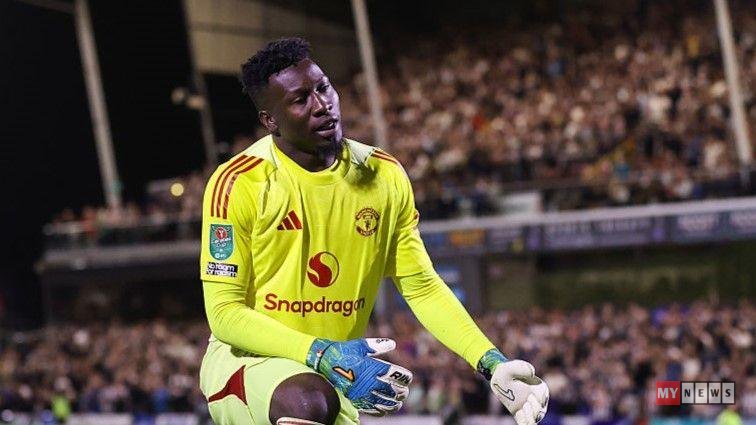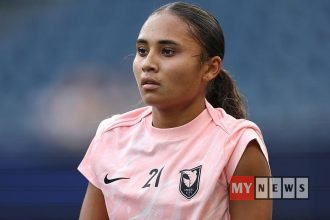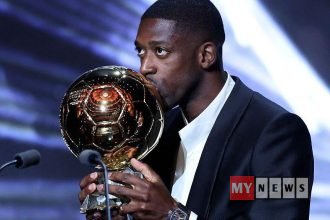Being Manchester United’s goalkeeper has never been easy, but right now, it is particularly challenging. Ruben Amorim summed it up best in one of his final statements before the international break:
“It is hard to be a Manchester United goalkeeper in this moment.”
Since Amorim spoke after the 3-2 win against Burnley, United have invested £18m in 23-year-old Senne Lammens from Royal Antwerp, bypassing Aston Villa’s World Cup winner Emiliano Martinez. Meanwhile, efforts are underway to send Andre Onana on loan to Trabzonspor, leaving Amorim to rely on Altay Bayindir, Turkey’s second-choice goalkeeper, for the Premier League matches.
Bayindir has shown flashes of ability but has also made crucial errors against Burnley and Arsenal, while looking shaky against Fulham and Manchester City. Amorim now faces the tough decision of whether to persist with Bayindir or hand Lammens his debut in an unforgiving environment where every mistake is amplified.
The Onana Factor
Many critics have questioned Onana’s ability, but Edwin van der Sar, United’s former CEO, praised the Cameroonian goalkeeper during his time at Ajax, calling him one of the best goalkeepers in the world. Onana himself reflected on the harsh transition to life at Old Trafford:
“I arrived as the best goalkeeper in the world, and boom, it went down. It was like, what happened?”
Tactical changes, public scrutiny, and early mistakes gradually undermined confidence in Onana, despite support from Erik ten Hag and Amorim. The Europa League tie against Lyon, where former teammate Nemanja Matic publicly criticised him, highlighted the intense external pressure that United goalkeepers face.
The Mental Game
Former Manchester United defender Phil Jones describes what it takes to succeed at Old Trafford:
“To be the number one at United you need to have rhino skin. The Manchester United shirt is a heavy one to wear. A goalkeeper must stay calm, command the area, and not flap at crosses. Mistakes are infectious—they spread through the defence.”
Jones praised David de Gea as a prime example of mental toughness. Despite early errors, De Gea became a four-time club player of the year winner due to his ability to shrug off mistakes and perform when it mattered most.
Former United goalkeepers, including Peter Schmeichel, Edwin van der Sar, Mark Bosnich, Fabian Barthez, and Roy Carroll, all shared the burden of expectation. Carroll, now an academy coach in Saudi Arabia, recalls his own struggles:
“If you make a mistake, it becomes big news. It’s not just what you do on the pitch, it’s off it too. Nobody taught me how to control the mental side; I was just brought to be a goalkeeper. The pressure can break you if you’re not mentally strong.”
Carroll also highlights the importance of support off the pitch, particularly for young keepers who are coming into the spotlight in today’s media-driven environment.
Conclusion
At Manchester United, the goalkeeper’s role is about more than athletic skill. It requires mental resilience, tactical understanding, and the ability to withstand constant scrutiny. Whether it’s Bayindir, Lammens, or Onana, wearing the United shirt between the posts is a challenge that tests both body and mind.
“It’s a heavy shirt to wear,” Carroll concludes. “And to survive it, you need more than talent—you need steel nerves and the right support around you.”











